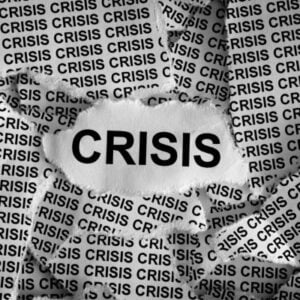Women, children, and displaced families are bearing the brunt of Haiti’s worsening crisis, which is fueling a sharp rise in hunger and malnutrition, according to the UN World Food Programme (WFP). The warning follows the latest Integrated Food Security Phase Classification (IPC) analysis, revealing that a record 5.7 million Haitians—more than half of the country’s population—are currently facing acute hunger. This marks a 3 percent increase from last year. Malnutrition among children under five has doubled in two years, jumping from 7 to 14 percent, with some regions recording even higher rates.
WFP Haiti Country Director Wanja Kaaria noted that the organization has expanded its efforts to assist a record 2.2 million people this year, but rising needs are outpacing available resources. Without additional funding, millions more could slip deeper into hunger. The ongoing crisis, driven by armed violence, economic decline, inflation, and low agricultural productivity, continues to erode livelihoods and food access. If these trends persist, over 5.9 million Haitians could face acute food insecurity by March 2026. Alarmingly, malnutrition in the North-West and West departments, including Port-au-Prince, has reached Critical (Phase 4) levels.
Displacement caused by armed violence has further deepened the crisis. Approximately 1.3 million people uprooted from their homes are among the most food insecure, with three in four living in makeshift shelters facing Crisis (IPC 3) or Emergency (IPC 4) levels of hunger. Overcrowded and unsanitary conditions, combined with limited access to nutritious food, are leaving infants and young children especially vulnerable to malnutrition and disease.
Despite the bleak outlook, the IPC report highlights the impact of coordinated humanitarian action. Increased food assistance has helped lift about 8,400 displaced people from Catastrophic (IPC 5) to Emergency (IPC 4) levels and reduced the total number of Haitians facing Emergency-level food insecurity by nearly 200,000 since April 2025. Kaaria emphasized that with consistent resources and collaboration among partners, it is possible to reverse hunger trends and build resilience in affected communities.
However, the crisis in Haiti remains severely underfunded. WFP urgently requires US$139 million over the next 12 months to continue providing life-saving food assistance to the most vulnerable and to prevent further deterioration of the country’s humanitarian situation.







